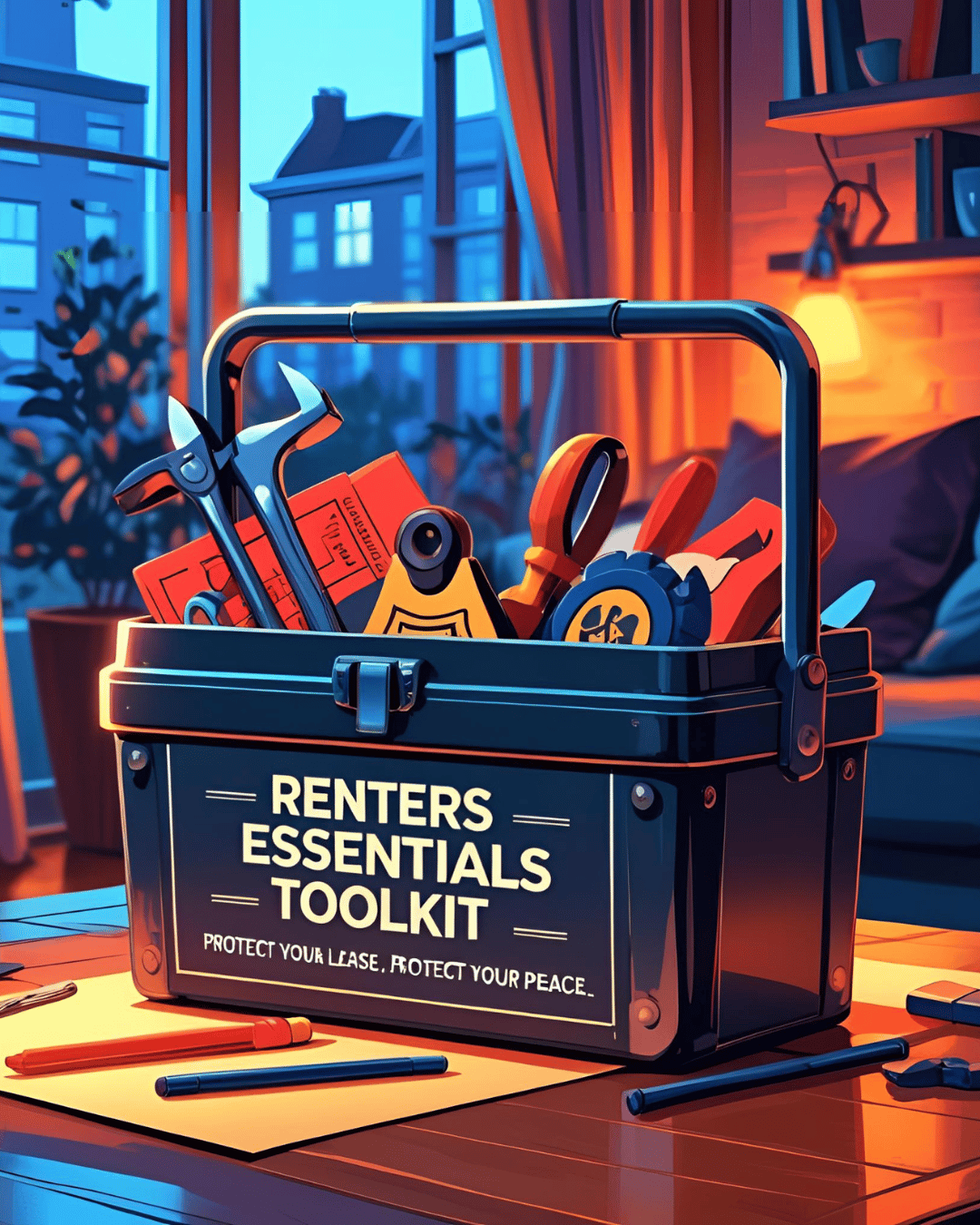
FEATURED
🔥 Too Hot, Too Expensive, Too Scared: What L.A. Renters Need to Know This Week
Welcome to The Tenure View, If you’re renting in Los Angeles, you’ve probably noticed things aren’t cooling down — literally or financially.
From rising rent caps and dangerous heat waves to cooling laws that sound good on paper but are years from enforcement, tenants are once again left trying to survive in a system where the costs — and risks — are quietly rising.
This week, we’re breaking down three stories that could affect your rent, your health, and your rights:
🌡️ Heat Waves & Rental Units: The 82-Degree Mandate You Should Know About

Starting September 2025, L.A. County will require all landlords in unincorporated areas to ensure indoor temperatures in rentals stay at or below 82°F — a climate justice win that didn’t come easy.
But here’s what renters need to understand:
It’s not fully enforceable until 2027.
Landlords with 10 units or fewer only need to cool one room in your unit until 2032.
Complaint-based enforcement means if it’s too hot, you have to report it.
“Passive” fixes like blackout curtains or reflective windows may be used instead of A/C.
📌 Why this matters: Areas like Pacoima, East L.A., and South Central are already hitting 90–100°F indoors during summer months. Cooling isn’t a luxury — it’s a necessity.
📣 Want to report heat violations? Call L.A. County Public Health and document your indoor temps with timestamped photos.
💸 Rents Are Creeping Up Again — Even for Rent-Controlled Tenants
Starting this month, landlords in the City of Los Angeles can raise rent on stabilized units for the first time since the pandemic.
📈 +3% base increase now legal.
💧 +5% allowed if landlord covers gas/electric.
🏙 AB 1482 statewide cap also reset: now 8% for qualifying buildings.
If you’re in a rent-controlled unit and got hit with an increase, here’s what to check:
✅ Was the notice at least 30 days?
✅ Does your lease include utilities?
✅ Was it applied to the correct unit type?
📌 Quote to remember:
“I’m already skipping meals to pay rent — what’s another $50 increase going to take from me?”
— Jasmine, 29,Koreatown renter
🤐 The Chilling Effect: When Renters Are Too Afraid to Speak Up
Legal protections are only helpful if you feel safe using them. For undocumented renters, senior tenants, or anyone facing language or cultural barriers — fear of landlord retaliation or immigration consequences can stop them from reporting issues or fighting illegal evictions.
One L.A. family suing over a no-fault eviction was allegedly told they'd be "picked up by ICE before trial." Turns out? They’re U.S. citizens【The Independent†source】.
In another case, a senior renter in Mid-City was pressured to leave her long-term apartment under false pretenses — only to see it relisted weeks later for nearly double the rent.
🧰 Renters Essentials Toolkit: Protect Your Lease. Protect Your Peace.

We’re rolling out the Renters Essentials Toolkit — checklists, templates, and guides to protect your lease, your deposit, and your mental sanity.
🎁 Want it free?
Refer just 3 friends to The Tenure View and unlock exclusive access to the Move-In/Move-Out Checklist and our Security Deposit Protection Kit.
🌟 Community Spotlight: Seniors Struggling with No-Fault Evictions? You Have Options.
A growing number of rent-stabilized tenants over 62 are receiving “no-fault” eviction notices — often without understanding their rights.
Here’s the deal:
You’re eligible for $21,900 or more in relocation assistance.
Landlords must state their reason — and it better be legal.
Medical or mobility issues? You can request extensions under ADA law.
📞 Call Legal Aid Foundation of L.A. or Bet Tzedek for free legal help. Don't wait — response time matters.

🔍 Quick Links:
📌 Sources:
The Independent (Aug 2025), Realtor.com (July 2025), Norada Real Estate (July 2025), L.A. County Public Health Ordinance (2025)
📫 Was this helpful? Forward this to a fellow renter or post to your building’s group chat.
👀 Want more? Subscribe here to stay informed, equipped, and protected.
Let’s protect our peace,
— The Tenure View